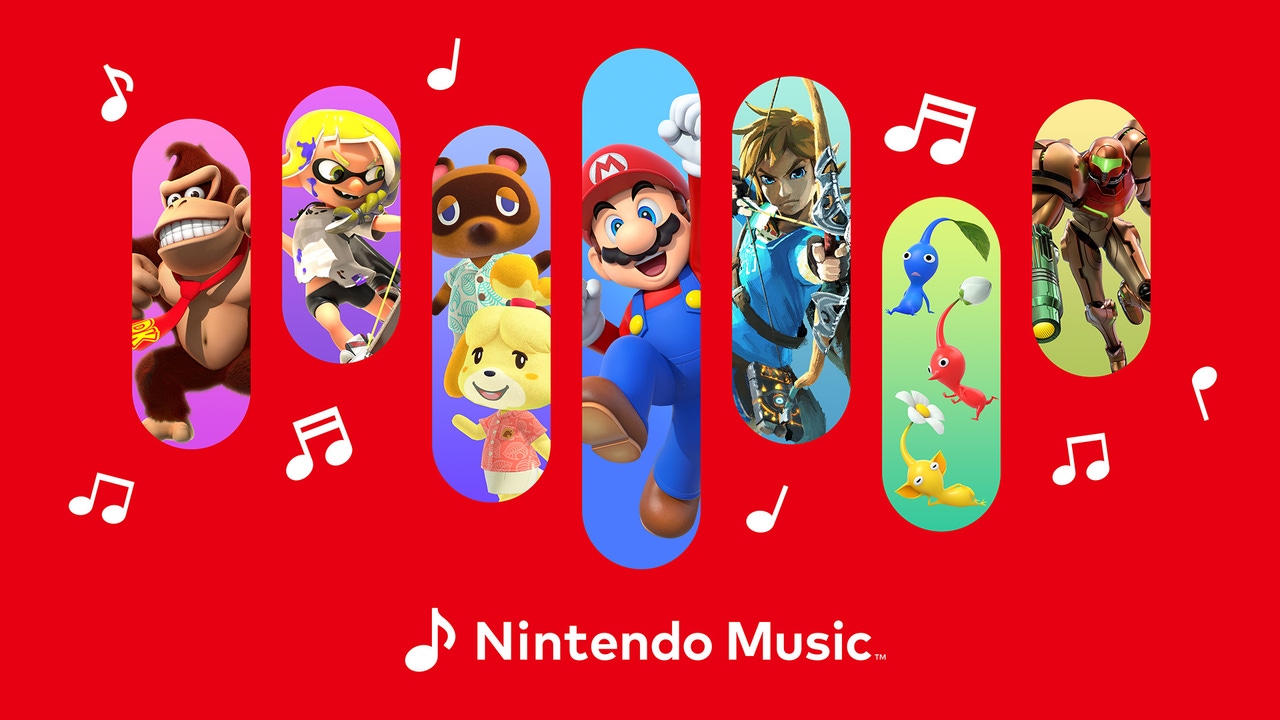Trending
Opinion: How will Project 2025 impact game developers?
The Heritage Foundation's manifesto for the possible next administration could do great harm to many, including large portions of the game development community.
If you want to know who composed a given Nintendo track, your answer is in another castle.

Yesterday, Nintendo dropped a fun new way to celebrate the many wonderful soundtracks that have accompanied its game for years. It debuted Nintendo Music, an app dedicated to soundtracks from its storied history. It's available only to Nintendo Switch Online members, making it another unique driver of Nintendo's entry into subscription services.
There's just one catch. The app doesn't credit any composers. If you log into the app and pick a song, the "Track information" button just has the name, the game it appears in, and a Nintendo copyright notice.
Developers and game music professionals spotted the omission shortly after the app rolled out on October 30, 2024. Assistant audio editor Nabil Mehari was one of many to draw attention to the uncredited artists, which includes veteran composers Koji Kondo and Ryo Nagamatsu.
"Once again Nintendo is trying to maintain the illusion that everything they release is created by a monolith, and it’s disappointing," Mehari wrote.
The list of unnamed composers included runs pretty long. Yuka Tsujiyoko isn't credited for her work on the Fire Emblem series. Kenji Yamamoto is not listed as the music meister behind Metroid Prime. Want to know who composed K. K. Slider's slick tunes? Kazumi Totaka and his collaborators are unfortunately absent.
Nintendo's new celebration of its vaunted soundtracks is another innovative way it's driving customers to its online subscription service. It's also another canny way of capitalizing on its audio files, as the Nintendo Sound Clock Alarmo did earlier this month.
But its innovative wins risk being overshadowed by a growing reticence to properly credit developers. In July, Game Developer learned its crediting policies were leaving third-party translators out of credits, denying them a much-needed boost on their resumés.
Elsewhere, it's started becoming strangely reluctant to share what game studios are working on its in-development projects.
What's going on over at big N? No clue. For now, developers are left waiting for answers. Though standardizing crediting rules might be a benefit were someone to form a union at Nintendo...
Game Developer has reached out Nintendo for comment and will update this story when a response is given.
You May Also Like